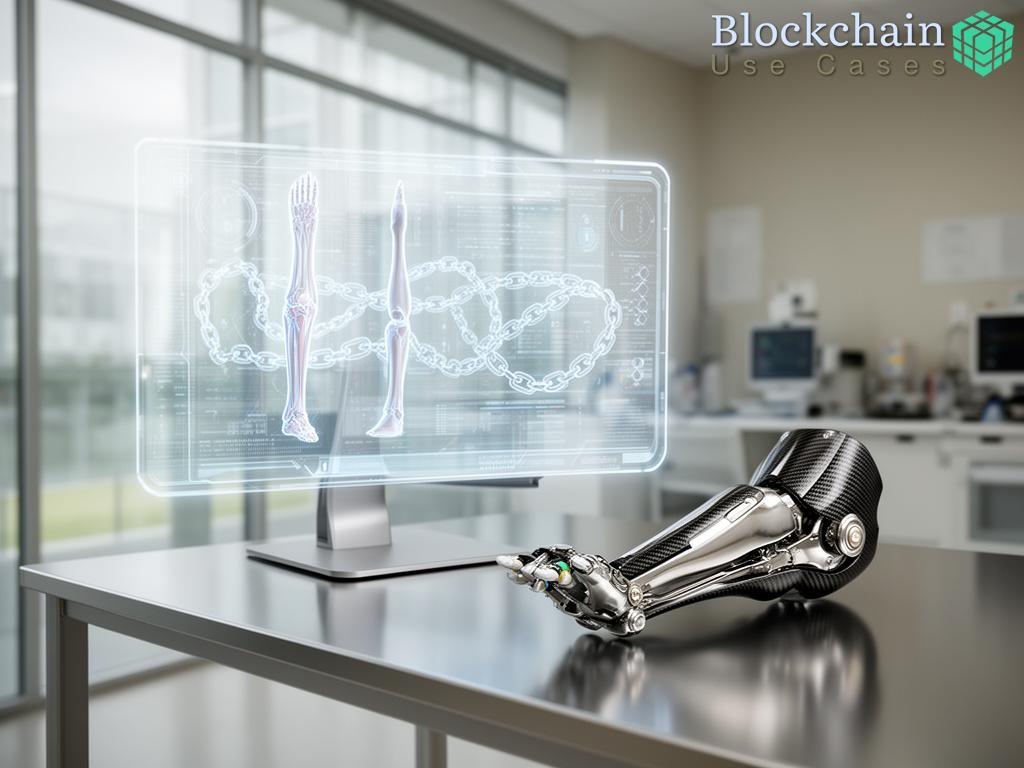Understanding the Healthcare Dilemma
The healthcare industry is facing a myriad of challenges, particularly when it comes to clinical decision-making. With vast amounts of patient data generated daily, healthcare professionals often struggle to access, share, and utilize this information effectively. Traditional data management systems are prone to inaccuracies and security breaches, leading to potentially harmful consequences for patient care. This is where blockchain technology enters the scene, poised to revolutionize clinical decision support systems (CDSS).
Blockchain: The Game Changer for Data Integrity
Blockchain technology offers a decentralized, secure, and transparent way to manage patient data. By utilizing a distributed ledger, healthcare providers can ensure that the information accessed by clinical decision support systems is both accurate and up-to-date. This not only enhances the reliability of the data but also fosters trust among healthcare professionals and patients alike.
Some key advantages of integrating blockchain into CDSS include:
- Improved Data Security: Blockchain’s encryption and decentralization minimize the risk of data breaches.
- Interoperability: Different healthcare systems can share and access patient information seamlessly.
- Audit Trails: Every transaction is recorded on the blockchain, providing an immutable audit trail.
- Patient Empowerment: Patients can have greater control over their own health data.
Real-World Applications of Blockchain in CDSS
Healthcare organizations globally are beginning to recognize the potential of blockchain in enhancing clinical decision support systems. Early adopters are already implementing pilot projects that demonstrate the efficacy of this technology. By using blockchain, these institutions can improve decision-making processes, resulting in better patient outcomes.
For instance, a study showed that integrating blockchain into a CDSS significantly reduced medication errors by providing real-time access to verified patient medication histories. As more healthcare providers explore this technology, it’s clear that the future of clinical decision support is not just about innovation—it’s about ensuring that patient care is safe, efficient, and effective.





